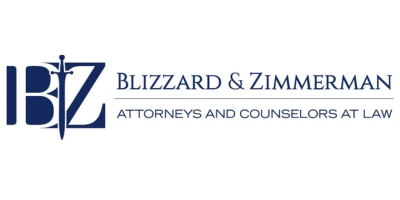Did you know that deadly weapon finding can be a misused tool used to increase the mandatory time you must serve in prison before you’re eligible for release on parole?
If you or your loved one is convicted and later discovers that your case has deadly weapon findings on it, it’s not over yet.
Here’s how to challenge deadly weapon findings after conviction.
But, first…
What Is a Deadly Weapon Finding?
Deadly weapon finding is a rule applied by the court after concluding that a deadly weapon has been used in a case.
While the weapon could be things like a handgun or a firearm of any kind, what determines whether a weapon is deadly or not is how it is actually used.
For example, a deadly weapon can be a high-heeled shoe with a sharp point on it, which the offender uses to stab another person.
That could be considered such a weapon for the purposes of a deadly weapon finding.
A deadly weapon finding would make people think of a case as being aggravated or being a 3G offense.
As aforementioned, a deadly weapon finding in a case can increase your sentence before you’re eligible for parole time.
How to Challenge (With Real Example)
One of the situations that could help you challenge a conviction is if you were unaware that a deadly weapon finding was going to be made in your case.
You signed up for a plea bargain and subsequently went to prison on that plea, but you were unaware that you had to serve half of your time in prison.
This means that your lawyer was ineffective in handling the case.
There was a case where we filed an 11.07 writ of habeas corpus for a person.
In this case, the person had two charges pending.
- The first was an evading arrest,
- While the other was a deadly weapon finding.
So… if he were to plead guilty in that case, he’d go to prison for at least half of the sentence he would serve in prison.
His lawyer was only able to beat the robbery charge and took a 20-year sentence on his robbery case.
Well, the offender (our client) later discovered that the robbery case had a deadly weapon finding on it.
So that made a basis for a challenge to the conviction because his lawyer was ineffective.
This is a typical example of situations where an attorney might be able to capitalize on the misapplication or the ineffectiveness of your trial counsel related to this finding that could help you find freedom from prison through the 11.07 writ of habeas corpus process.
About The Attorney
Jacob Blizzard is board certified in both criminal law and criminal appellate law.
He regularly practices in the areas of state and federal criminal defense, criminal appeals, post conviction writs of habeas corpus.
In Texas, there are more than 100,000 attorneys licensed to practice, but only 7,450 are board certified.
In the entire State of Texas, as of the 2019 certification year, there were only 87 attorneys board certified in both criminal law and criminal appellate law, making Mr. Blizzard one of 0.087% of attorneys in Texas to hold both of those certifications.


